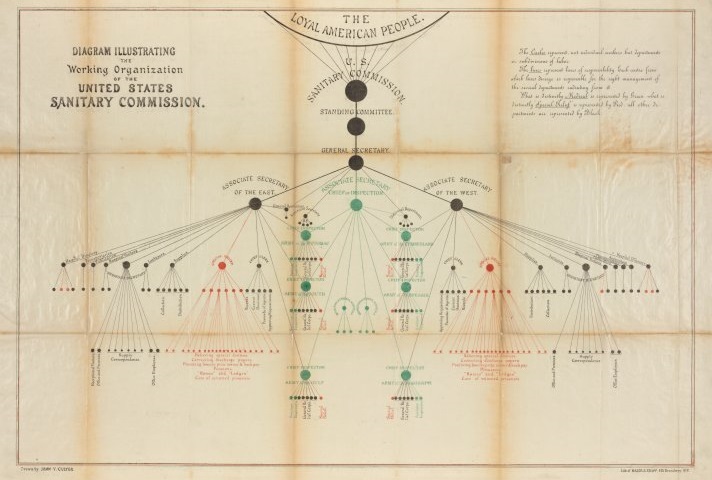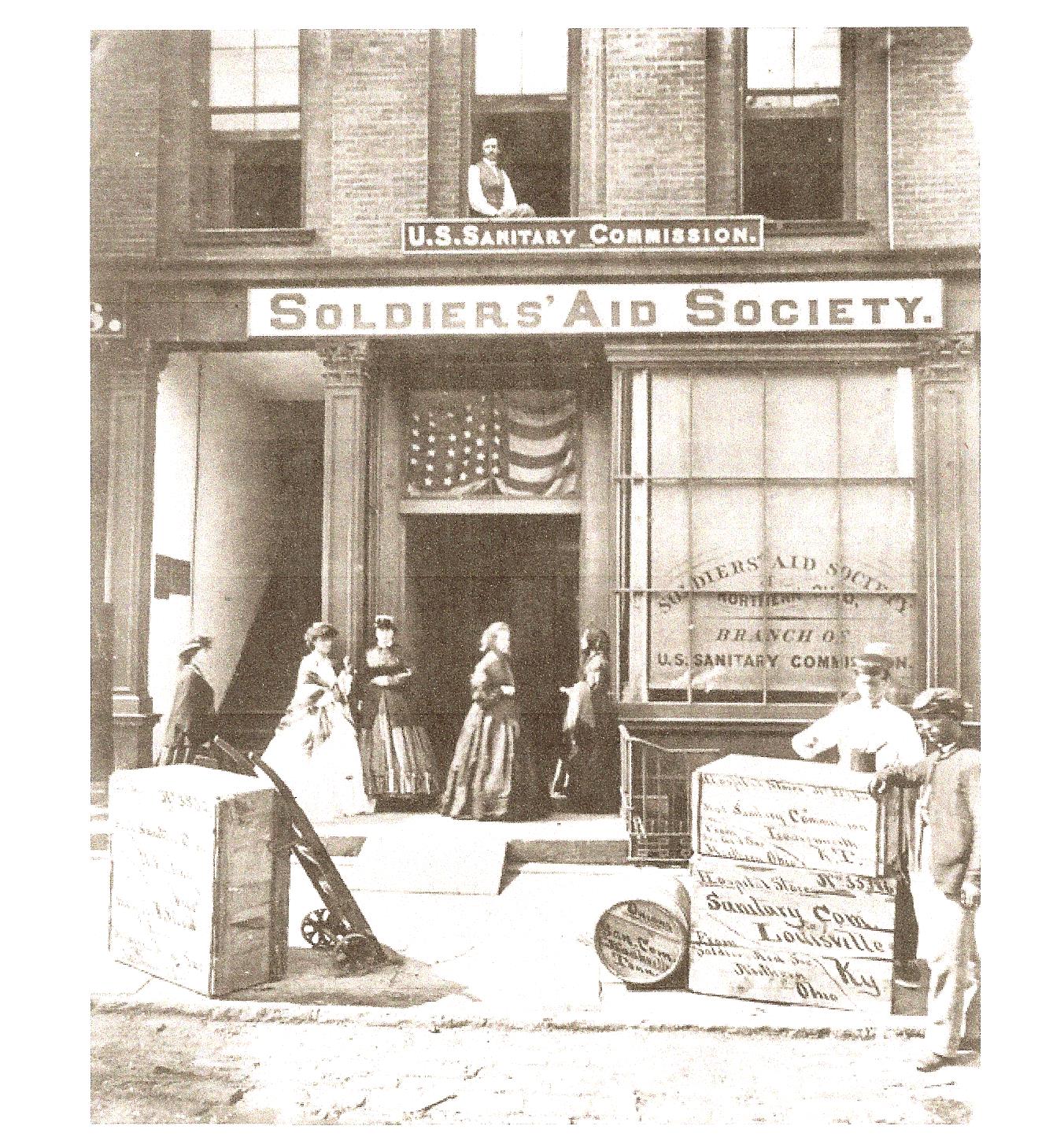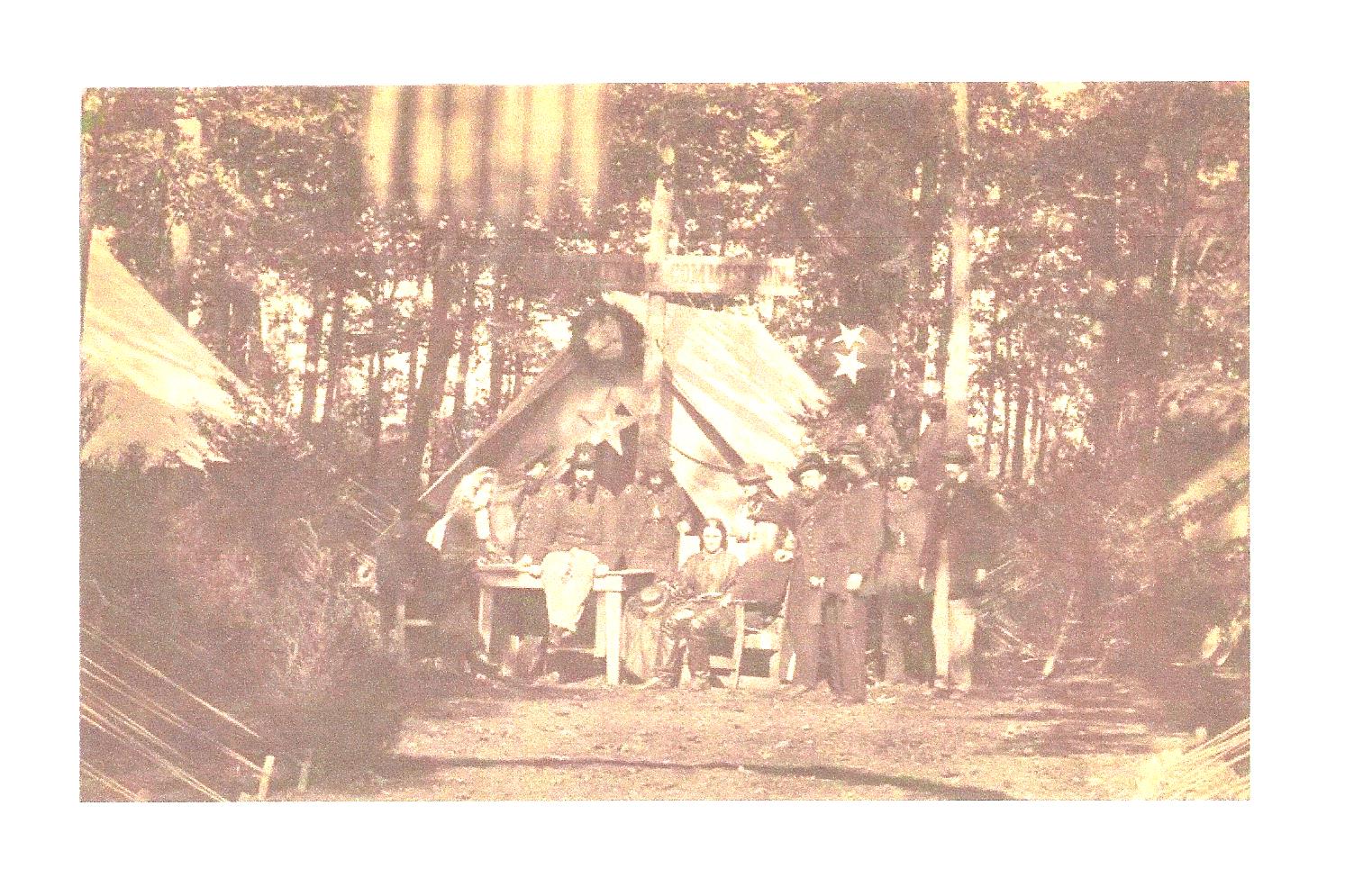Daring Doctors!
Speaking of Dr. Mary Edwards Walker from my previous post of Pioneering Women of Civil War America (Sixth Installment), I cannot neglect other women doctors who accomplished great things in the medical field. Although I will only discuss them briefly here, they have nevertheless been giants in the advancement of women in medicine and society and have made their eternal mark in history. They are:
Elizabeth Blackwell (1821-1910) & Emily Blackwell (1826-1910)

Lydia Folger Fowler (1822-1879)

Elizabeth was the first (1849), Lydia the second (1850), and Emily the third (1854) amongst women in the United States to receive medical degrees. The same as for Dr. Mary Edwards Walker—again, from my previous post—Elizabeth graduated from Geneva Medical College, known today as SUNY Upstate Medical University at Syracuse, New York. Lydia graduated with a degree in Eclectic Medicine (defined later in this post) from Central Medical College at Syracuse, New York. And Emily earned her degree in Cleveland, Ohio, from the medical school at Western Reserve University, known today as Case Western Reserve University School of Medicine.
Lydia was…
…the first American woman to receive a medical degree in the United States as the Blackwell sisters were British born.
…the first woman to appear before a male medical society.
…the first woman professor of an American medical school in Rochester, New York (Rochester Eclectic Medical College). Then, the field of eclectic medicine used botanical remedies with other substances and physical therapy and avoided the harsher measures, such as bloodletting.
A Quote by Bold & Insightful Lydia
No human being should be so dependent upon another that the termination of the life of one should terminate the sustenance necessary to the life of the other, unless it be in the case of children and parents; for God has given to every thinking human being some gift or power that can be developed for his or her own benefit and for the good of society.
Elizabeth was:
…the first woman to appear on the United Kingdom’s Medical Registry and the equivalent American Medical Society.
…the founder of the London School of Medicine for Women.
…a cofounder of the National Health Society (1871; London, England)
Quotes by the Blackwell Sisters of Courage, Tenacity, & the Greater Good of Community
It is not easy to be a pioneer—but oh, it’s fascinating! I would not trade one moment, even the worst, for all the riches in the world. ~Elizabeth
For what is done or learned by one class of women becomes, by virtue of their common womanhood, the property of all women. ~Emily
In 1857, Elizabeth, Emily, and their colleague, Marie Zakrzewska:
Opened the New York Infirmary for Indigent Women and Children (and, later, its affiliate women’s medical college), the first hospital in the United States operated by women and for women and children—known today as New York Presbyterian/Lower Manhattan Hospital. Although Elizabeth is given credit for having mainly founded the infirmary, Emily kept it viable and growing when she took over the facility two years into its operation after Elizabeth and Marie left for other pursuits.
During the Civil War, Elizabeth and Emily Helped:
Organize the Women’s Central Association of Relief, which selected and trained nurses for work in Union hospitals.
Develop the United States Sanitary Commission (USSC), which was a civilian branch of the Union Army, created in 1861 by federal legislation to support the sick and wounded soldiers.
SIDEBAR: The following about the USSC bolsters the Blackwell sisters’ triumphs:
Impressively, this organization operated prolifically across the North as depicted by the depths of its organizational structure below. (I was unable to find a clearer image, but, I believe, it suffices in making my point).

On the home-front, it raised an estimated $25 million dollars, which, according to some estimates, could be worth approximately $750 million dollars today (2021).

In the field, it brought supplies, inspected camp conditions, and tended to the sick and wounded.
So, what in these three women’s home lives influenced them to break out of the norm and pioneer their way into roles traditionally reserved for men? The same as for Dr. Mary Edwards Walker. Their progressive-minded and nurturing parents steeped their children in intellectually stimulating environments and surrounded them with science-minded folk. Additionally, Lydia’s husband and phrenologist/physician encouraged her to attend college to acquire her medical degree. And one might conjecture that the blood of science ran deep in Lydia’s veins with her having descended from Benjamin Franklin! A major source of inspiration for Elizabeth’s foray into medicine was after a dying friend declared that she would have had a better ordeal throughout her illness had a female physician tended to her, and Emily felt the same draw to science and medicine as did her sister.
SIDEBAR: All three women added greatly to medical research and authored important medical and scientific papers and/or texts.
I’ll end on this note with the hopes that you have enjoyed this mini-post and that I have whet your appetite to learn so much more about these three women doctors at the following places:
Video: Titled “The Doctors Blackwell” at My Complimentary Website: Civil War Women. Unfortunately, I was unable to locate a video for Lydia Folger Fowler.
Online:
National Women’s History Museum: Biography of Elizabeth Blackwell
Nantucket Historical Association: Biography of Lydia Folger Fowler
Changing the Face of Medicine: Biography of Emily Blackwell
Print/Ebook:
I could only find books authored by Lydia Folger Fowler herself. You can also find them on Amazon, including this one: Familiar Lessons on Physiology: Designed for the Use of Children and Youth in Schools and Families
Speaking of the Blackwell Sisters…
Stay Tuned for the Next Installment of Pioneering Women of Civil War America, which promises to feature a pioneering woman well connected to them!
Pingback: Pioneering Women of Civil War America (Ninth Installment) - Lisa Potocar ~ Author
Pingback: Pioneering Women of Civil War America (Eighth Installment) - Lisa Potocar ~ Author